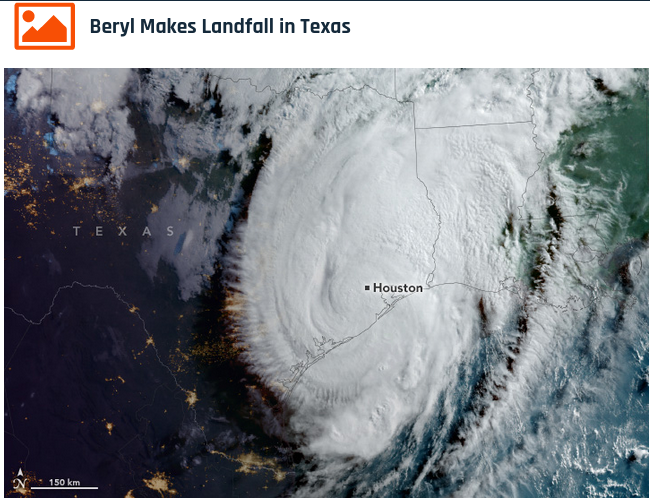In recent news, Iran Supreme Leader Khamenei has made headlines with controversial remarks regarding the treatment of Muslims in various countries. His statements have sparked significant diplomatic responses, particularly from India, which has publicly condemned Khamenei’s comments. This article explores the background of these remarks, their implications, and the broader geopolitical context.
Table of Contents
The Controversial Statements by Iran Supreme Leader Khamenei
On the birth anniversary of Prophet Mohammed, Iran Supreme Leader Khamenei took to social media to express his concerns about the suffering of Muslims in regions such as Gaza, Myanmar, and India. In his post, Khamenei highlighted the plight of these communities, making a direct reference to Indian Muslims.
“We cannot consider ourselves to be Muslims if we are oblivious to the suffering that a Muslim is enduring in Myanmar, Gaza, India, or any other place,” Khamenei stated. His comments aimed to address perceived injustices faced by Muslims globally, but they have stirred significant controversy.
The enemies of Islam have always tried to make us indifferent with regard to our shared identity as an Islamic Ummah. We cannot consider ourselves to be Muslims if we are oblivious to the suffering that a Muslim is enduring in #Myanmar, #Gaza, #India, or any other place.
— Khamenei.ir (@khamenei_ir) September 16, 2024
India’s Diplomatic Response to Khamenei’s Remarks
India’s response to Khamenei’s remarks has been notably strong. The Indian Ministry of External Affairs condemned the comments as “misinformed and unacceptable.” The statement emphasized that countries should reflect on their own human rights records before making judgments about others.
India’s reaction underscores the sensitivity of its diplomatic relations, especially with Iran. Despite generally favorable ties, including economic agreements and strategic partnerships, Khamenei’s comments have strained these relations, highlighting the complexities of international diplomacy.

The Geopolitical Implications of Khamenei’s Statements
Khamenei’s remarks come at a time when geopolitical dynamics are particularly intricate. India and Iran share a strategic relationship, exemplified by their collaboration on the Chabahar port project, which aims to facilitate trade and reduce dependency on rival Pakistan’s ports. However, the criticism from Khamenei has introduced friction into this partnership.
Moreover, India has cultivated a close relationship with Israel, driven by mutual concerns about terrorism and security. The tension caused by Khamenei’s statements adds another layer of complexity to India’s foreign policy, which seeks to balance its ties with both Iran and Israel.
The Broader Context of Khamenei’s Criticism
Khamenei’s comments are part of a larger pattern of criticism directed at various countries over their treatment of Muslim populations. This criticism is often intertwined with Iran’s broader political and ideological stance, which emphasizes solidarity with the Muslim world.
However, it is essential to consider that Iran itself faces allegations of human rights abuses against its own minorities. Reports from international organizations have highlighted issues faced by ethnic and religious minorities in Iran, including Kurds and Baluchs, particularly in the wake of recent protests.
Reactions and Consequences
The global reaction to Khamenei’s remarks has been mixed. While some support his stance on defending Muslim communities, others criticize his comments as a politically motivated attempt to deflect attention from domestic issues within Iran.
In the diplomatic sphere, the backlash from India illustrates the potential for such statements to impact international relations. The response from New Delhi highlights how sensitive and interconnected global political dynamics can be, with countries closely monitoring and reacting to statements made by foreign leaders.
Iran Supreme Leader Khamenei’s recent remarks have reignited discussions about the treatment of Muslims globally and have significant implications for international relations. While his statements were intended to address perceived injustices, they have led to diplomatic tensions, particularly with India.
As the situation continues to evolve, it will be crucial for global actors to navigate these complexities with careful consideration of both domestic and international implications. The interplay of diplomatic relations, geopolitical strategies, and human rights issues underscores the multifaceted nature of global politics in the 21st century.







